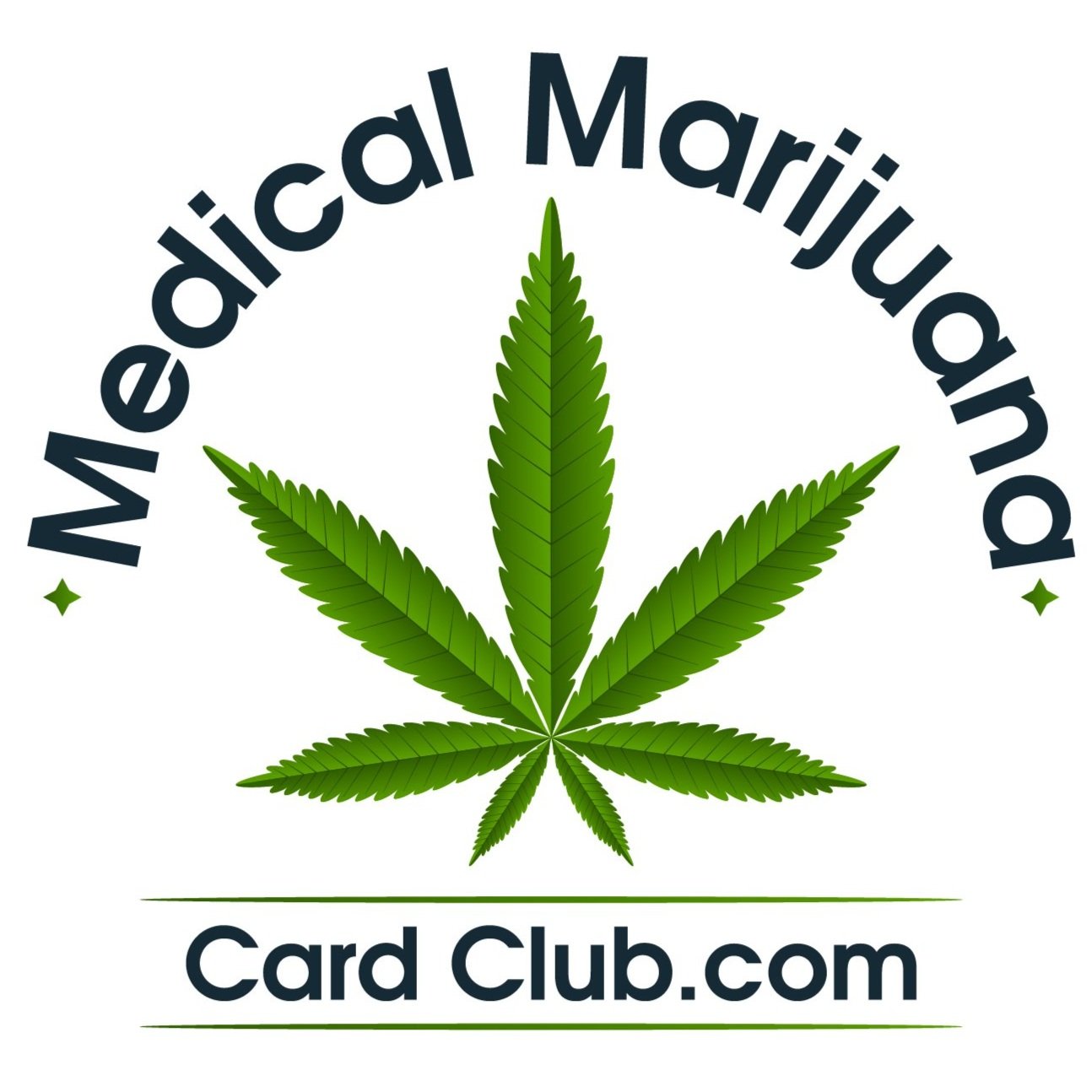Breaking the Stigma of Treatment via Medical Marijuana
Breaking the Stigma of Treatment via Medical Marijuana
Cannabis has been embedded in American culture for a long time. From the 1990s to today, the public's opinion of cannabis, or "marijuana," has shifted dramatically. My parents and grandparents grew up seeing Cheech and Chong make fun of marijuana in their films, while the US government classified the substance alongside heroin and methamphetamines.
By the time I was a teenager, there was a widespread belief that if you smoked marijuana, you were either stupid or destined to be a failure who would never succeed in life. The truth is that you can be intelligent, normal, and still smoke marijuana. It's an enormously useful plant that won't ruin your life.
Medical marijuana ushered in a new era in which the herb was seen positively. Currently, states around the country are debating whether or not to legalize cannabis for recreational use. Even still, there is still a stigma attached to the substance and individuals who take it, which is becoming increasingly outdated.
Jane Bradford relied on a combination of prescription opiates for a year and a half after being diagnosed with herniated discs in her neck and spine that prevented her from walking. Bradford was overjoyed when another choice became available, given their negative effects – she was always sleepy and worried about the long-term health consequences of opiate use. Bradford is one of an increasing number of Canadians who use medical cannabis to relieve pain and treat other ailments. While she is still experimenting with the best type and dosage, she says the difference between opiates and cannabis is night and day.
"I need to think clearly at work, and (medical cannabis) doesn't make me feel nearly as groggy or dopey as opioids do," she explained. She is currently taking cannabis oil drops, which have assisted her in quitting four opioids.
According to Dr. Danial Schecter of the Cannabinoid Medical Clinic, such experiences are not unusual. Medical cannabis – which he prefers to "medical marijuana" because of the stigma attached to the latter – has been legal in Canada since 2001, with doctors gaining the ability to prescribe it in 2013.
“I have never been to one to really smoke weed just to smoke it,” said Fitchburg State sophomore Makenzie MacDonald. "However, I suffer from severe migraines on a regular basis, and the medication I've been taking to treat them is pretty potent. I don't enjoy taking medicines to treat my pain, so I tried smoking pot to see if it would help with my migraines a year ago, and I was pleasantly surprised. My migraines were cured very immediately after I smoked, and I just felt calm, my brain was less stiff, and my head wasn't aching."
When it comes to cannabis, this is just the tip of the iceberg, with even more extreme situations benefiting from its use. I've seen firsthand how cannabis can aid family members who have been diagnosed with cancer and have undergone chemotherapy. Whether it's directly assisting in the fight against cancer in the body or indirectly assisting in the development of a hunger for meals after treatment,
There are studies and thousands of testimonies that show how cannabis can assist with anxiety, stress, Alzheimer's, glaucoma, arthritis, PTSD treatment, blood pressure, physical pain, sleeplessness, and other conditions. It's naïve to judge someone for using the substance for these or other reasons. “I am never one to reject something if it had the capability of helping so many people and I think others need to realize that too sooner or later,” said MacDonald.
Despite its many advantages, it's a mystery why so many people still see the drug negatively. Phelps added, "Cannabis has the wonderful opportunity to operate as an alternative to established, sometimes hazardous types of treatment." "The plant also has very little addictive characteristics, which I think is a significant advantage over prescription medications. “I find that folks who criticize the plant-based drug are unaware of the incredible benefits it provides for many people, and that the adverse effects are nothing like those of medications recommended by doctors," MacDonald added. I typically ignore negativity since some individuals refuse to evolve with the times, but marijuana's current findings are immaculate, and I feel it will lead to a lot more optimism.
Breaking the societal stigma associated with marijuana begins with how we talk about its place in society. We must all stop considering cannabis as "evil" and acknowledge the numerous studies that have demonstrated its undeniable health advantages. Marijuana use should be considered in the same light as drinking a glass of wine or a cup of coffee. Only once we accept the advantages of cannabis and declassify the negative perceptions surrounding it can we genuinely accept marijuana use as our social norm.
References
1. https://fitchburgpoint.com/11797/opinion/breaking-the-stigma-surrounding-cannabis/
4. https://www.highbluffgroup.com/marijuana-and-breaking-the-stigma/
